Sports
Morocco’s Agadir Stadium gets facelift for AFCON and World Cup
Agadir is a modern coastal city. The city is a vibrant center for water sports, cultural exploration, and features a unique football stadium that is currently undergoing major renovations ahead of both AFCON and the 2030 World Cup.
Morocco’s Agadir Stadium gets facelift for AFCON and World Cup
By: Fred Kaweesi, Journalists @New Vision
__________________
Uganda’s AFCON 2025 fixtures
December 23
Tunisia v Uganda (Annex)
December 27
Uganda v Tanzania (El Barid)
December 30
Nigeria v Uganda (Fes)
__________
King Mohammed VI is highly sophisticated!
His Majesty, who is indeed well educated, cultured, and knowledgeable, is recognised for his empathetic and strategic leadership.
Since ascending to the throne on July 30, 1999, he has balanced complex geopolitical situations with a clear vision for his kingdom’s future. He has combined Morocco’s traditional roots with a modern and forward-thinking approach.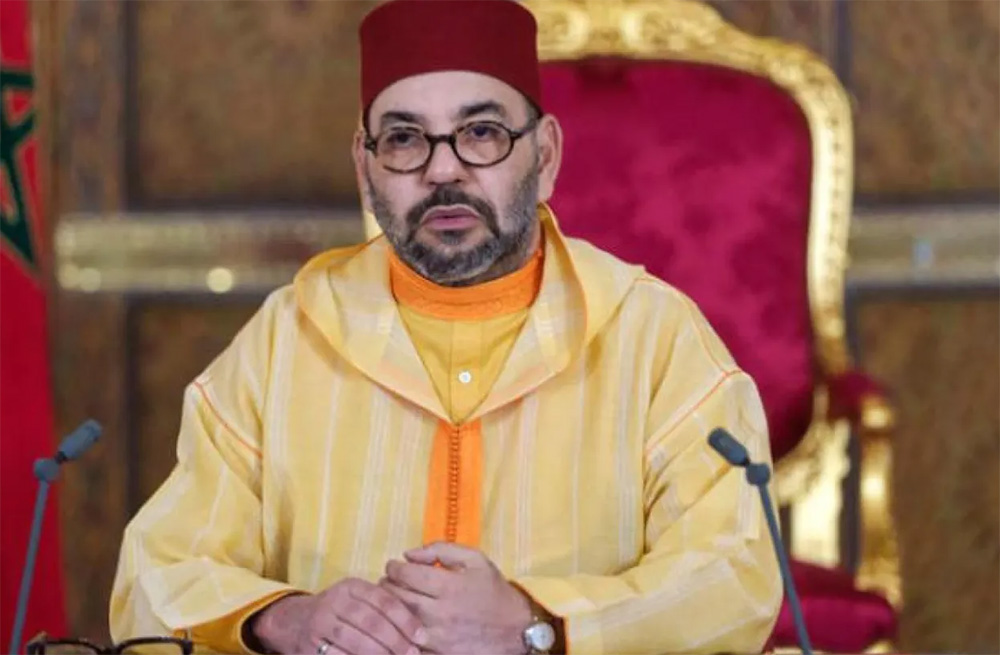
King Mohammed VI
In other words, King Mohammed does not settle for less.
The King has positioned Morocco as one of the world’s leading investment destinations and a leader in the hospitality industry.
And for the first time in the tournament’s history, all the qualified teams will be provided five-star amenities, which will be a combination of high-end hotels and luxurious training bases.
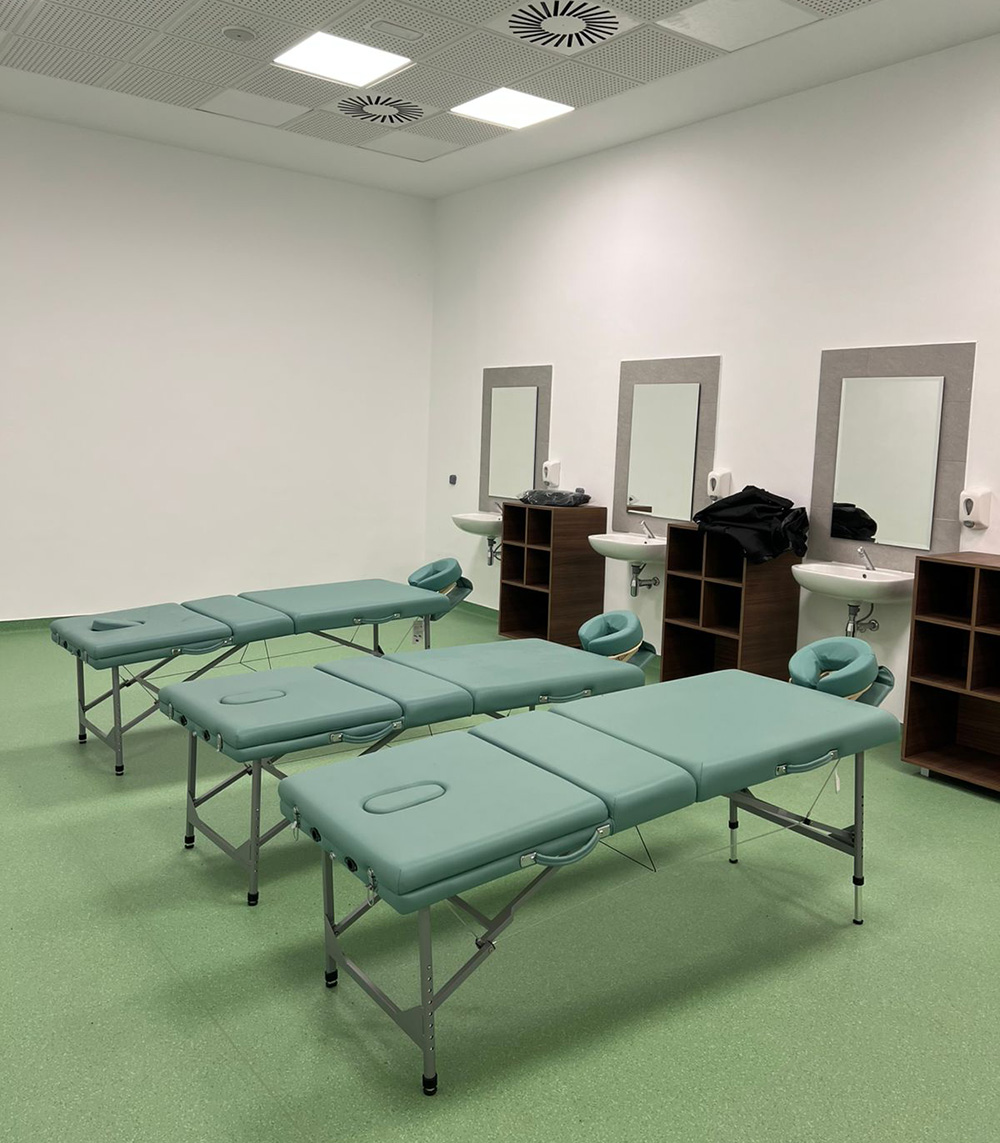
Six cities (Rabat, Casablanca, Agadir, Marrakech, Fes and Tangier) and nine stadiums were selected for Africa’s flagship football tournament.
While fans will find Tangier so accessible due to its metro speed train network. Agadir will surprise many.
Agadir is such an exceptional city. Accommodation options in Agadir range from luxurious beachfront resorts to affordable budget hotels.
This city is not widely recognised or appreciated because its treasures are not as obvious as those listed in Rabat, Casablanca and Marrakech.
But Agadir represents everything King Mohammed VI intends to roll out during Africa’s premier competition.
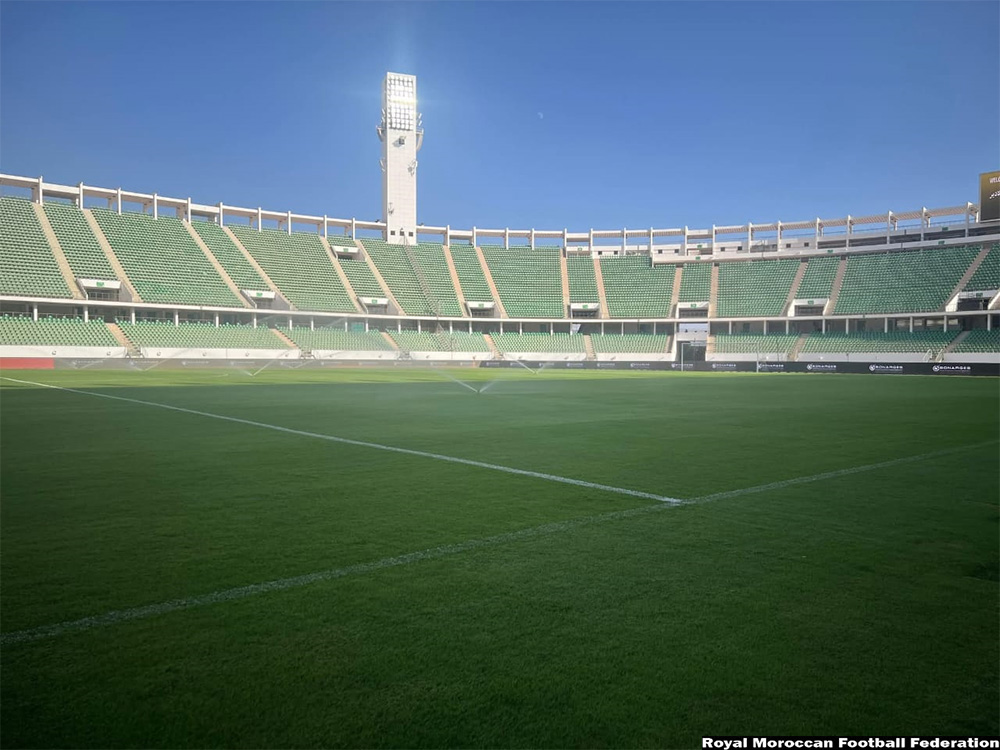
Agadir is a modern coastal city. The city is a vibrant centre for water sports, cultural exploration and features a unique football stadium that is currently undergoing major renovations ahead of both AFCON and the 2030 World Cup.
Agadir Stadium is located 15 minutes from the city centre and 30 minutes from the airport.
The stadium’s architectural designs were carved out of the brown slopes of the mountains in Agadir. Its steep exterior walls, painted in earthy tones, echo the rugged terrain around it.
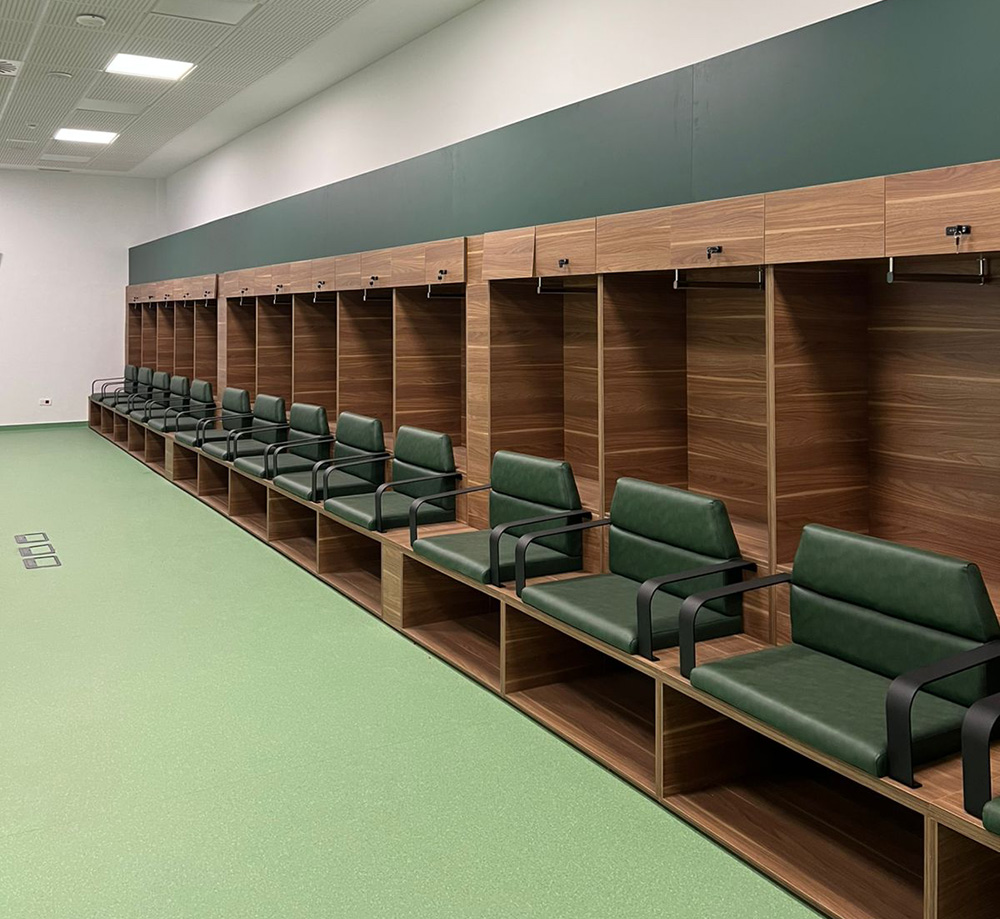
However, inside, its composition changes: a sea of green seats blends seamlessly with the lush playing pitch.
Unlike Tangier Stadium, which has been reconstructed, Agadir is being renovated over two phases.
The first phase will cover minor upgrades ahead of AFCON while the second phase will see a general overhaul of the stadium to meet FIFA standards.
The improvements will focus on enhancing the fan experience by removing the athletics track and moving the stands closer to the pitch, adding a 360° panoramic roof, improving VIP areas, and upgrading locker rooms.
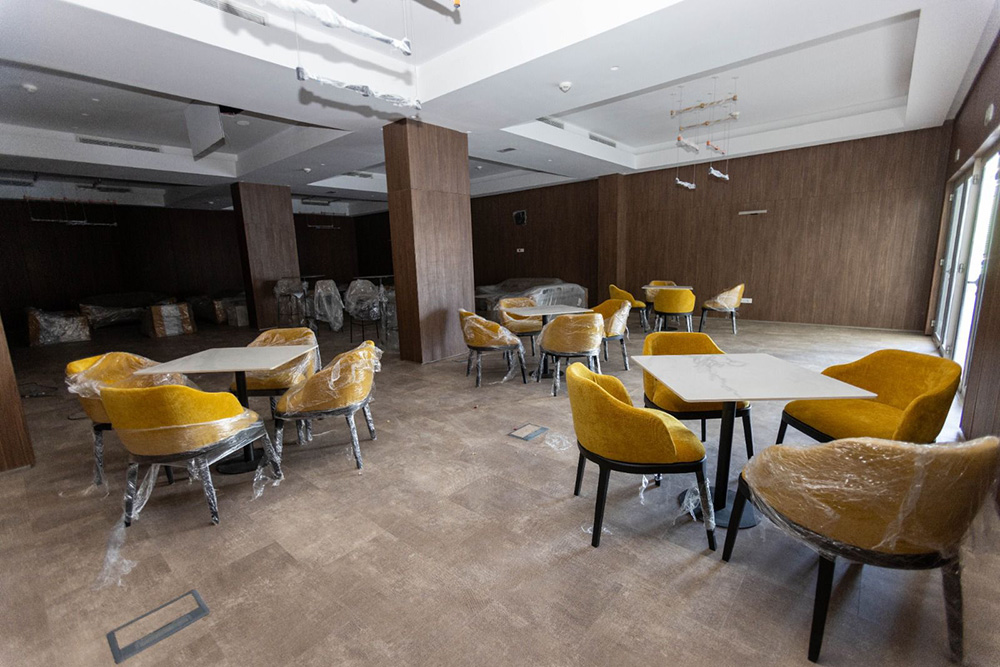
The regional director of the National Company for the Development and Management of Sports Facilities (SONARGES), Hicham Allouli told Vision Sports that: “The first phase, which is almost complete, consists of the stadium’s external development, which has allowed the parking capacity to increase from 2,600 spaces to 4,100.”
Besides rehabilitating the players’ facilities, which include locker rooms, ice baths, and saunas, the first phase will also include reinforcing the outer fence and installing new ticketing points.
The other areas that have been fixed include a media tribune that can accommodate about 280 journalists, 12 commentary boxes, three VVIP zones (each seating 250 guests), and 12 luxury lounges that can accommodate 300 guests.
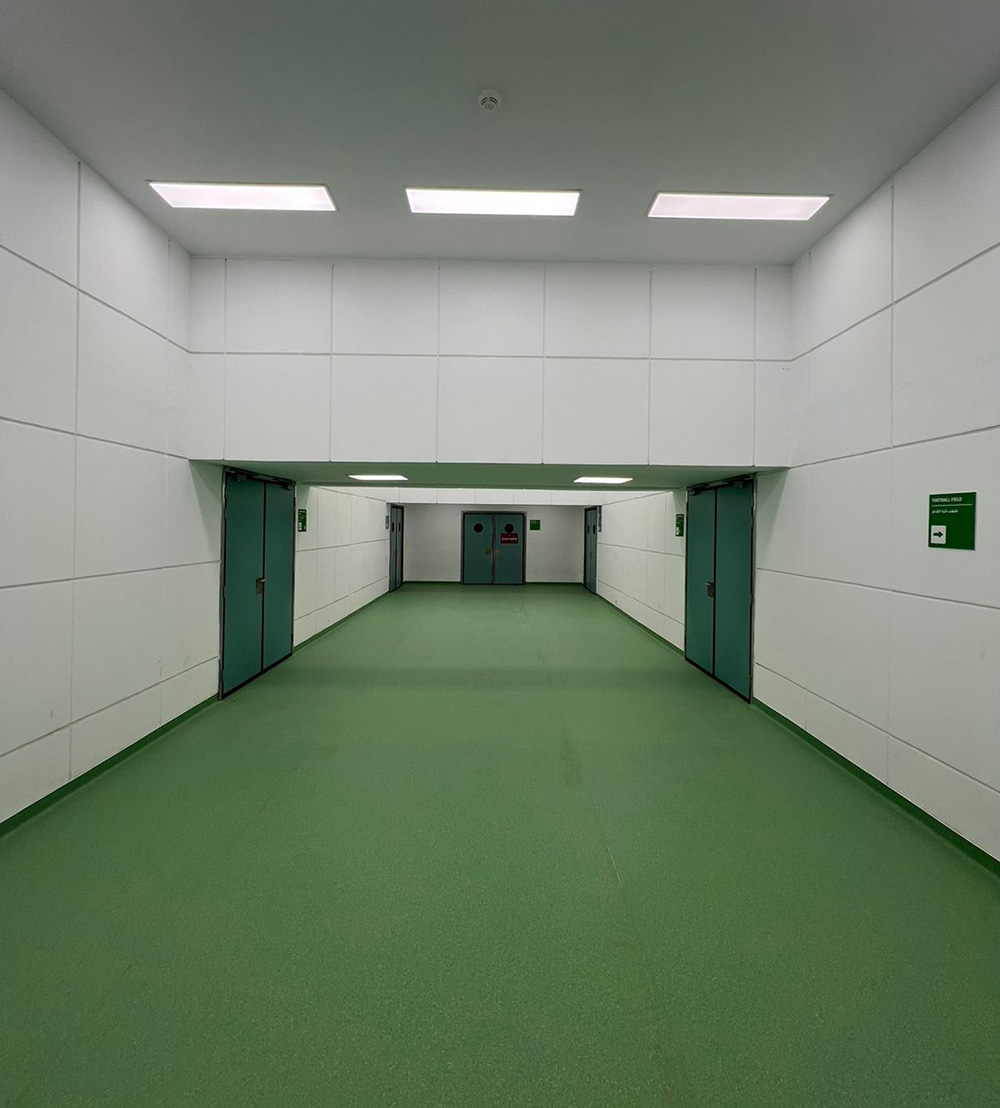
The main pitch has been replaced with hybrid natural grass, while several smaller pitches are being constructed in its neighbourhood. There are also new technical installations. Security has also been modernised, with the introduction of facial recognition cameras, aligning the stadium with international standards.
“The first phase will also focus on improving vegetation around the arena,” Allouli added.
Agadir Stadium, with a capacity of 41,144, will be the primary venue in the city for the tournament.